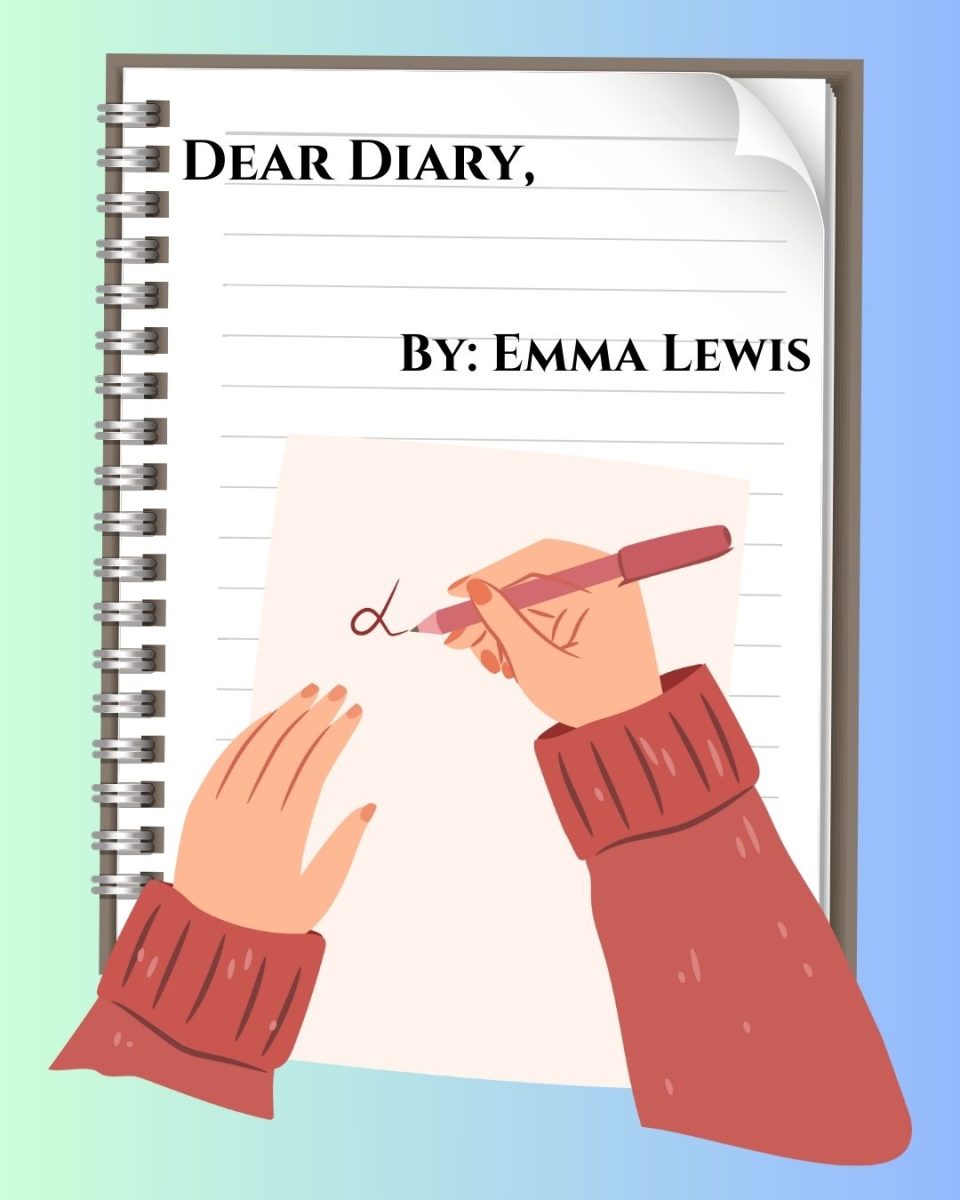Journaling is a positive way to process experiences and difficult situations. As different forms of journaling and creative writing grow, many more are turning to journaling as a form of expression.
Many teens say that they have, or still do, keep a journal. Journaling is an incredible outlet for processing emotions. But why does journaling work? Journaling helps you to slow down processing the information. It can help you discover new things about events that have already happened.
“Keeping a journal is important for several reasons. Journaling offers almost a sense of catharsis and can serve as a stress-relief tool or a coping mechanism to deal with life’s challenges,” said Creativing writing club sponsor Rylee Toler.
Journaling can increase confidence and self-awareness. Some people look down on journaling, but it can be an incredible outlet.
“Having the intention of improving oneself is the biggest hurdle, and actually taking the steps just supports it,” said Psychology teacher Beau Ferguson.
Journaling can be an especially useful tool for teenagers. It can help stabilize emotions and improve emotional intelligence.
“In regard to self-awareness, journaling also provides a low-stakes method of self-reflection to take place where a person can not only be alone with their thoughts but also confront their behavioral patterns and set goals for themselves,” said Toler.
Journaling provides visually artistic students with a mentally stimulating outlet they can use as a form of reflection for their art.
“I started my journal two years ago,” said sophomore Violet Warren.
The journal is filled with art sketches, writing, and scrapbooking.
“I enjoy getting to draw my characters. I consider it stress relief,” said Warren.

Scrapbooking can also be a form of storytelling, using pictures and words to tell the story. This has all the positive benefits of typical storytelling, and it gives you a fun visual representation of your memories.
Similar to keeping a journal for mental encouragement, scrapbooking is another amazing positive activity. It encourages participants to be creative and hone in on their personal style and feelings.
“An issue I have seen with many people these days is that people do not take enough time alone with their thoughts before sharing them. A journal allows for a person to conceptualize their thoughts before fully identifying their beliefs on a matter,” said Toler.
Students positively benefit from journaling and reflecting upon school and personal feelings. When writing in a journal, you can physically track your own growth and your journey. So, find yourself a cute notebook that fits your style and get writing.







